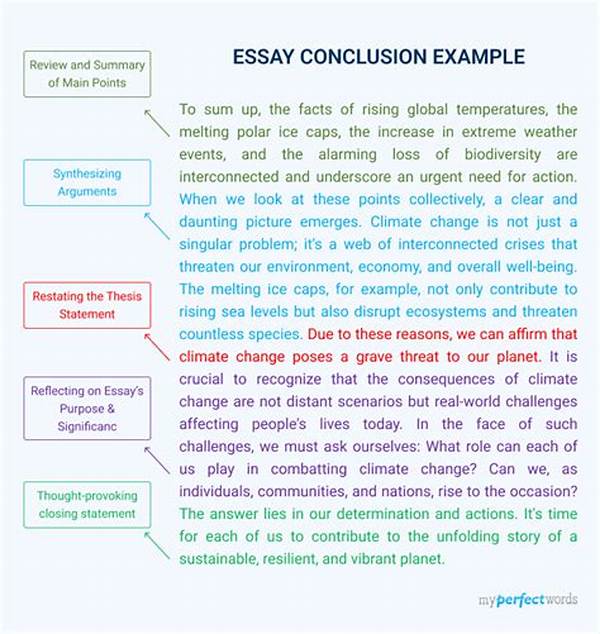Hey there, fellow book enthusiasts! Today, we’re diving into a fascinating topic that highlights the impactful roles played by some incredible women in the literary world. We’re talking about pivotal women in literary conclusions—the ones who’ve masterfully tied up narratives, delivering unforgettable endings that resonate with readers. Let’s unravel the magic these women weave in the final pages of their books!
Read Now : Distinguished Actresses In Literature On-screen Adaptations
Storytelling Heroines: The Masters of Endings
When it comes to crafting powerful story conclusions, some women stand out with their unique ability to wrap things up in a way that leaves a mark. Whether it’s the emotional depth or the plot twists, these pivotal women in literary conclusions know just how to string us along till the very last word.
First up, let’s talk about the legendary Agatha Christie. Known for her knack for mystery, Christie’s novels have spectacular endings that stick with us. Her conclusions, often surprising, bind together all the intriguing threads she’s woven. Then, there’s the magical touch of J.K. Rowling, who, with her Harry Potter series, created a finale so poignant and fulfilling. Rowling had readers clinging to every chapter, eagerly waiting to witness the destiny of beloved characters.
Margaret Atwood is another name we can’t forget. Her thought-provoking endings often challenge societal norms, leaving readers deep in contemplation. Additionally, Jane Austen’s romantic and astute observations ensure her stories conclude with wit and charm, offering satisfying resolutions that continue to enchant audiences even today. Lastly, let’s not overlook Toni Morrison, whose endings explore complex human emotions and social themes, providing her audience with a reflective closure. Through their work, these women have proven time and again to be pivotal forces in literary conclusions.
Iconic Endings by Women Authors
The Artistry of Crafting Conclusions
Crafting a satisfying conclusion isn’t easy, yet these women authors make it seem effortless. It’s a fine balance of tying up plot lines and evoking emotion, creating an ending that lingers. When reading books penned by pivotal women in literary conclusions, there’s an innate expectation of something special. We anticipate those last few pages will either break our hearts, restore our faith, or open our eyes to a new perspective.
These endings are more than just concluding remarks; they’re a reflection of the author’s journey and their characters’ arcs. For instance, we see how Tolkien-like epic conclusions can be reinterpreted by these writers into more intimate yet equally monumental closures. It’s about leaving readers with questions answered but still hungry for more exploration of those worlds. This blend of attainment and curiosity is what keeps their narratives timeless.
Why They Matter
In exploring why these endings are so significant, we understand that they offer more than just closure. They provide insight into the cultural and societal views of their times. A pivotal woman in literary conclusions brings forward themes of empowerment, identity, and social justice. Their work challenges readers to think deeper and see the world through different lenses, enriching the reading experience.
Read Now : Effective Delegation Strategies
Contribution and Legacy
The legacy these pivotal women in literary conclusions leave behind is unmatched. Their work continues to inspire new generations of writers and readers, offering stories that are a testament to their brilliance and creativity. As we revisit their books, we find new meanings, discover untapped emotions, and see the world in a fresh light. Every conclusion serves as a reminder of storytelling’s magic and its power to touch lives.
As these stories close, we’re reminded that the end is just as important as the beginning. They underscore the notion that a good book can change lives, one conclusion at a time. Ultimately, their contributions have immortalized stories, building bridges across cultures and eras.
Women Who Redefined Endings
It’s fascinating to see how these women have redefined what it means to conclude a story. Their ability to capture the essence of their narratives and leave a lasting impression showcases their genius. When encountering a book that draws you in from start to finish, you’ll find a pivotal woman in literary conclusions behind it. Here’s to celebrating these trailblazers and the beautiful worlds they’ve created. Whether it’s the thrill of a mystery or the comfort of a romantic denouement, their stories live on, forever cherished on our bookshelves and in our hearts.
